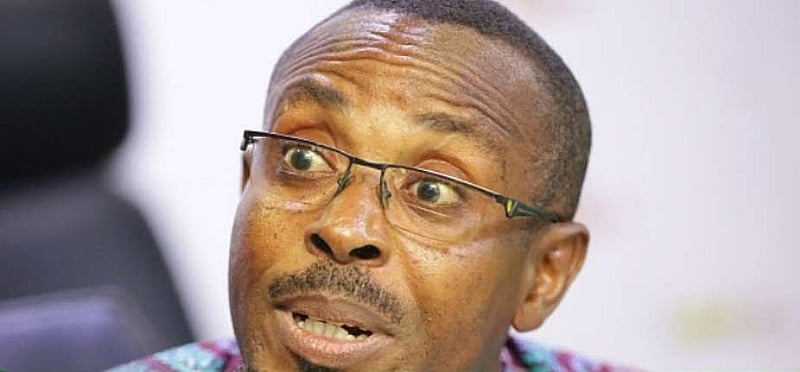Kwamena Duncan’s critique of Operation Recover All Loot (ORAL) centers on the potential for overreach and the transient nature of political power. He cautions the task force members, including Samuel Okudzeto Ablakwa and retired Commissioner of Police Kofi Boakye, to exercise prudence in their pursuit of alleged corruption cases, reminding them that their tenure is finite. Duncan’s remarks, delivered on Peace FM’s Kokrokoo morning show, underscore the politically charged atmosphere surrounding ORAL’s investigations and the inherent risks involved in targeting individuals associated with the previous administration. His warning serves as a reminder of the cyclical nature of political power and the potential for future repercussions.
ORAL, established under President John Dramani Mahama’s anti-corruption banner, is mandated to investigate and validate corruption allegations, particularly those implicating officials of the preceding Akufo-Addo government. The task force’s primary objectives include reclaiming purportedly misappropriated state assets and pursuing legal action against those deemed culpable. Their high-profile operations, often involving visits to contested lands and properties, have garnered significant media attention and sparked controversy. The accusations leveled against various individuals have further intensified the political climate surrounding ORAL’s activities.
Duncan’s concerns stem from the potential for abuse of power within the context of a politically motivated investigation. He argues that the zeal with which ORAL is pursuing its mandate could lead to overstepping boundaries and potentially targeting individuals unfairly. The former Central Regional Minister’s cautionary words serve as a reminder of the importance of due process and the presumption of innocence, even in the pursuit of combating corruption. His emphasis on the limited duration of their authority underscores the need for responsible and measured actions.
The four-year timeframe mentioned by Duncan highlights the cyclical nature of democratic governance. He suggests that the current power dynamics could shift in the future, potentially exposing ORAL members to similar scrutiny. This serves as a cautionary tale, urging them to consider the long-term implications of their actions and avoid any potential for future retribution. Duncan’s remarks also allude to the broader political context, suggesting that the pursuit of corruption allegations could be influenced by partisan motivations.
The controversy surrounding ORAL’s operations highlights the complex challenges of tackling corruption within a politically charged environment. While the pursuit of accountability is crucial, ensuring fairness and adherence to due process is equally important. Duncan’s critique brings to the fore the delicate balance required between pursuing justice and safeguarding individual rights. The public scrutiny faced by ORAL underscores the need for transparency and accountability in their investigations.
Duncan’s warning, “Four years is not ten years. Four years will come, and you won’t even see it,” encapsulates his central message. It serves as a reminder of the ephemeral nature of political power and the potential for shifting fortunes. He urges ORAL members to act with circumspection, recognizing that their current authority is temporary and that their actions could be subject to future review. The statement underscores the importance of maintaining integrity and upholding the principles of justice throughout their investigations. He implicitly advises against any actions motivated by political expediency or a desire for retribution, emphasizing the need for fairness and impartiality in their approach.














